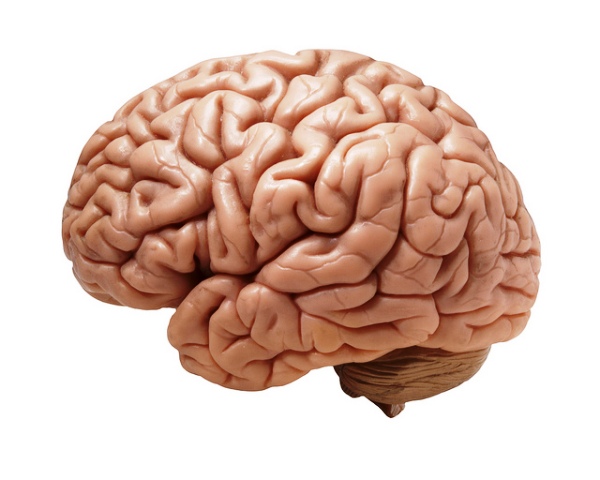Brain Injuries Up the Risk of Dementia and Early Death in Patients: Study

Veterans who have sustained serious brain injuries are 60 percent more likely to develop dementia, finds a study.
Traumatic brain injuries or TBIs resulting from falls and accidents cause major alterations or impairments in physical movement, emotional, intellectual and social behaviors. In most cases the brain injuries and damages are irreversible and also lead to death of patients. Researchers from the University of California in San Francisco and the American Academy of Neurology found veterans who suffered head injuries in the past had higher chances of developing dementia two years earlier than those without TBI.
Experts observed 188,784 veterans without memory-related illnesses aged about 68 on average for nearly seven years. The study also noted participants' other risk factors for age-related memory loss like diabetes, high blood pressure, depression and intake of alcohol. Around 1,229 participants were diagnosed with head injuries.
After the trial, almost 16 percent or 196 veterans with TBI developed dementia compared to the remaining group of 18,255 participants or 10 percent of those without TBI. In addition, TBI patients were diagnosed with dementia at age 78.5 and died two years earlier than subjects without TBI. Mental conditions like depression, post-traumatic stress disorder and heart diseases also elevated the risk of dementia in TBI patients or those suffering from either of the health conditions alone.
"This study convincingly shows that mild trauma has a role in increasing the risk of dementia and sheds light on the more complex relationship between medical and psychiatric diseases with TBI in the development of the future risk of dementias. Neuroscientists must take a careful and comprehensive approach and avoid oversimplified claims of causality," said Rodolfo Savica, researcher from the University of Utah School of Medicine in Salt Lake City, and member of the American Academy of Neurology, in a news release.
The study authors believe the above findings indicate TBI must not be ignored and the study can apply to even civilians with TBI who might be vulnerable to dementia in later years.
The research was funded by the U.S. Department of Defense/NCIRE and the National Institutes of Health. More information is available online in the journal Neurology.
Jun 26, 2014 04:49 AM EDT





